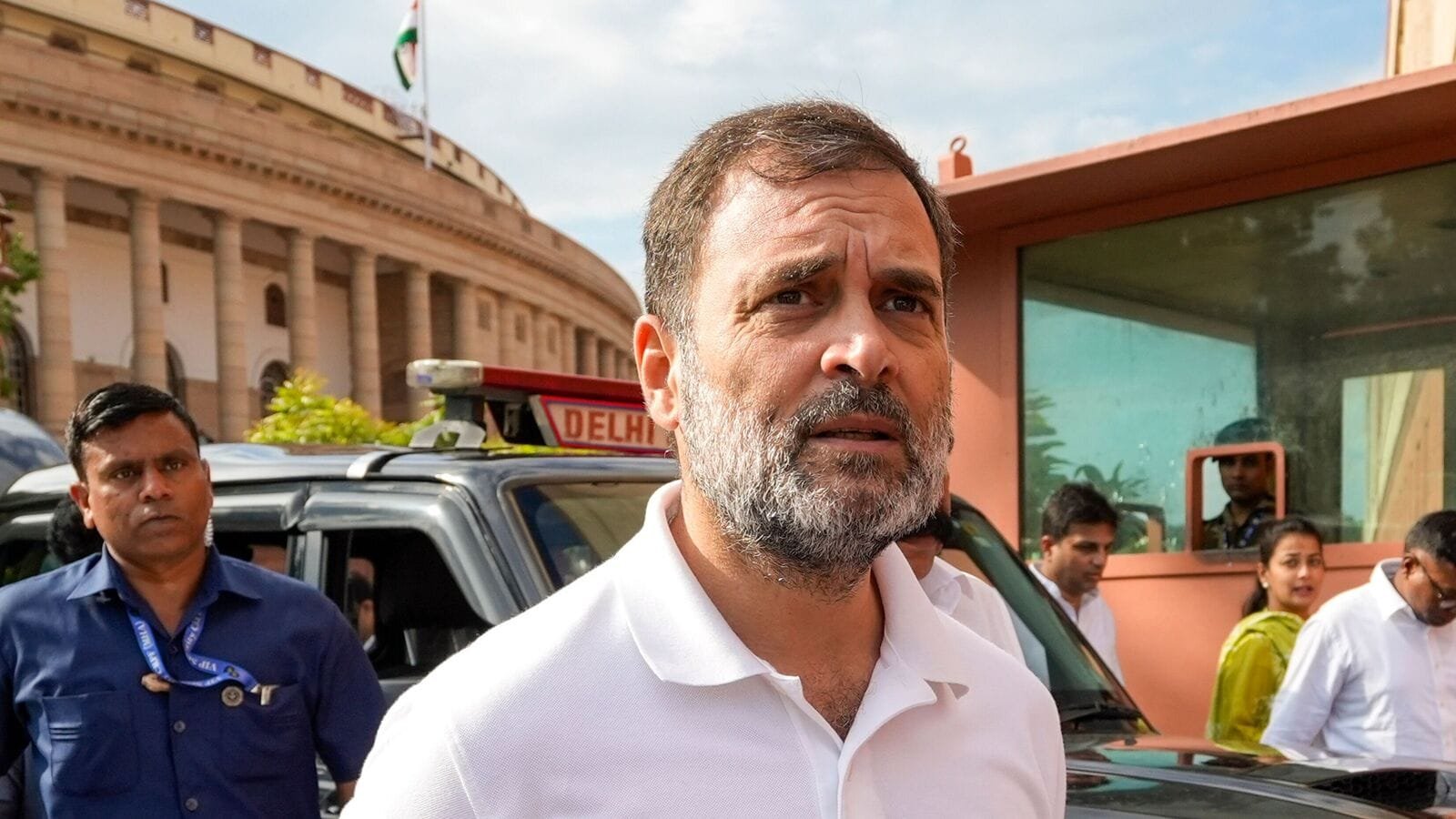New Delhi: The coal ministry is in the process of proposing changes in the way coal auctions are done so that small businesses from a diverse range of sectors are able get steady and long-term supplies of the fossil fuel.
It will shortly circulate a draft note for the Cabinet outlining changes in the policy on auction of linkages—industry jargon for supply contracts—to benefit small businesses in sectors such as steel, cement, fertilizers and captive power producers.
It will also advocate setting up a separate window of e-auctions for long-term coal linkage without ‘end-use restrictions’ that determine what the coal is being used for.
These e-auctions are conducted by state-run companies including Coal India Ltd. E-auctions allow spot and short-term purchases.
Radical change in policy
This would mark a radical change in policy as, so far, only power companies and companies in non regulated sectors, mostly large steel and cement makers have been allowed to participate in long term coal supply auctions, with restrictions on the use of coal. The policy under works is largely focused on micro, small and medium enterprises (MSMEs) from the non-power sectors, which also fall under the category of non-regulated sector or NRS.
Their exclusion has meant that MSMEs have to depend on spot e-auctions, prompting them to turn to imported coal in order to get some long-term certainty of supply.
This would allow not only MSMEs but also coal washeries and traders to tie up long-term supply of coal.
The idea is to provide long-term supplies to these segments through a separate auction window for state-run coal companies, said two people in the know of the development.
“For medium and small consumers the only window available is e-auction window. And in that e-auction, the quantities are low and availability is erratic. So, e-auctions do not assure sustained availability of coal in higher quantum for these small consumers,” said one of the two people mentioned above.
“Then these small business and traders turn to imports to ensure availability of coal, leading to the increase in the country’s import dependency. To avoid that, we are going to open a separate window for long term linkage without end-use restriction. It will require the cabinet’s approval for which the draft note is being prepared and will be circulated soon.”
Another person said that the possible change in the auction regime for coal linkages comes as the market dynamics in the country have changed over the past few years due to increased availability of coal and the government’s focus on reducing imports.
On the anvil for long
“The ministry has been contemplating to modify the NRS Policy 2016, to include a separate window having without any specific end uses for the NRS linkage auction and last week it also held stakeholders consultation on the same,” said the second person, adding that the move would widen the market for domestic coal.
Recently, Hindu BusinessLine newspaper had reported that the ministry is planning to offer long-term coal linkages to the non-regulated sector consumers, without end-use restrictions.
In the last financial year, coal mining companies dispatched almost 163 million tonnes of coal to the non-regulated sector, a growth of around 22% compared with FY23.
The plan comes at a time when investors are losing their appetite for fossil fuels and the global energy investment landscape is rapidly changing to a focus on environmental, social and governance (ESG) investing.
India is increasing its coal production given increased demand from power and steel sectors, in spite of energy transition ambitions. Power demand in particular is peaking to record levels in the middle of an exceptionally hot summer.
This increase in domestic coal production has also prompted the government to look to widen the market, including promoting the cleaner use of coal through gasification and conversion to chemicals.
Coal India produced 773.6 million tonnes of coal in FY2024, registering a 10% growth from 703.2 million tonnes in the previous fiscal. India’s total production of the mineral stood at 997.4 million tonnes, a record level.
For this fiscal (FY25), the government has set a target of 1.08 billion tonnes.
Queries sent to the ministry of coal remained unanswered till press time.




